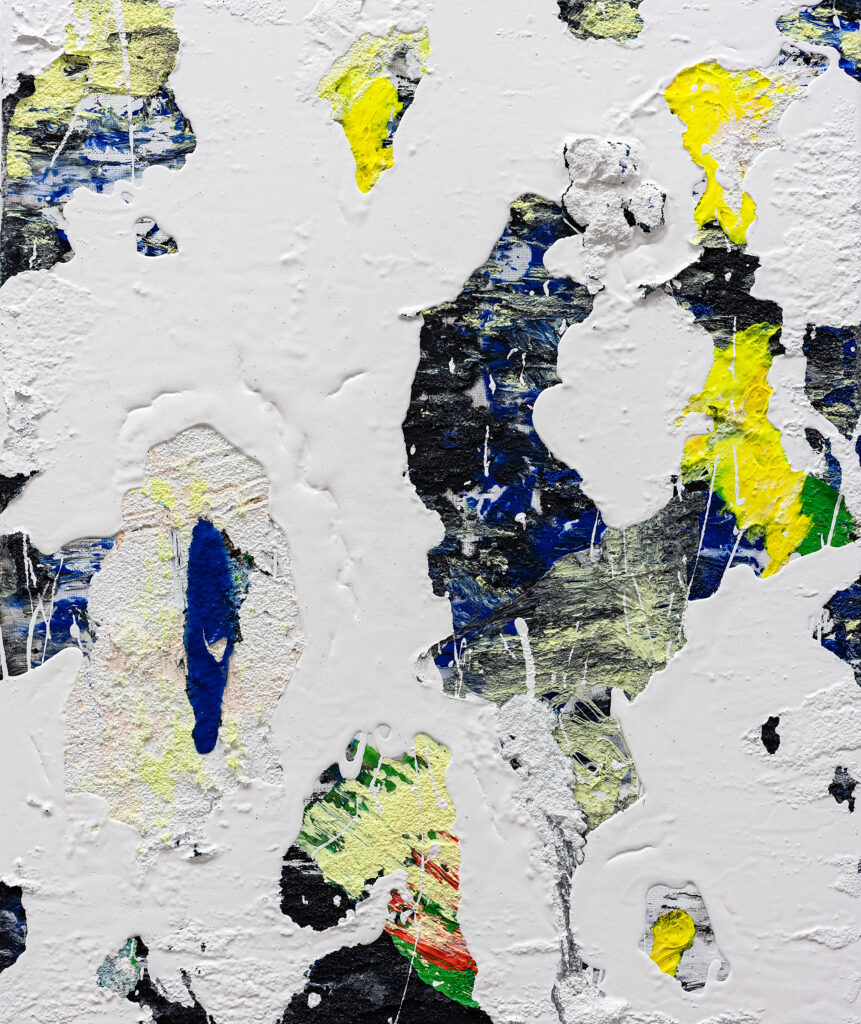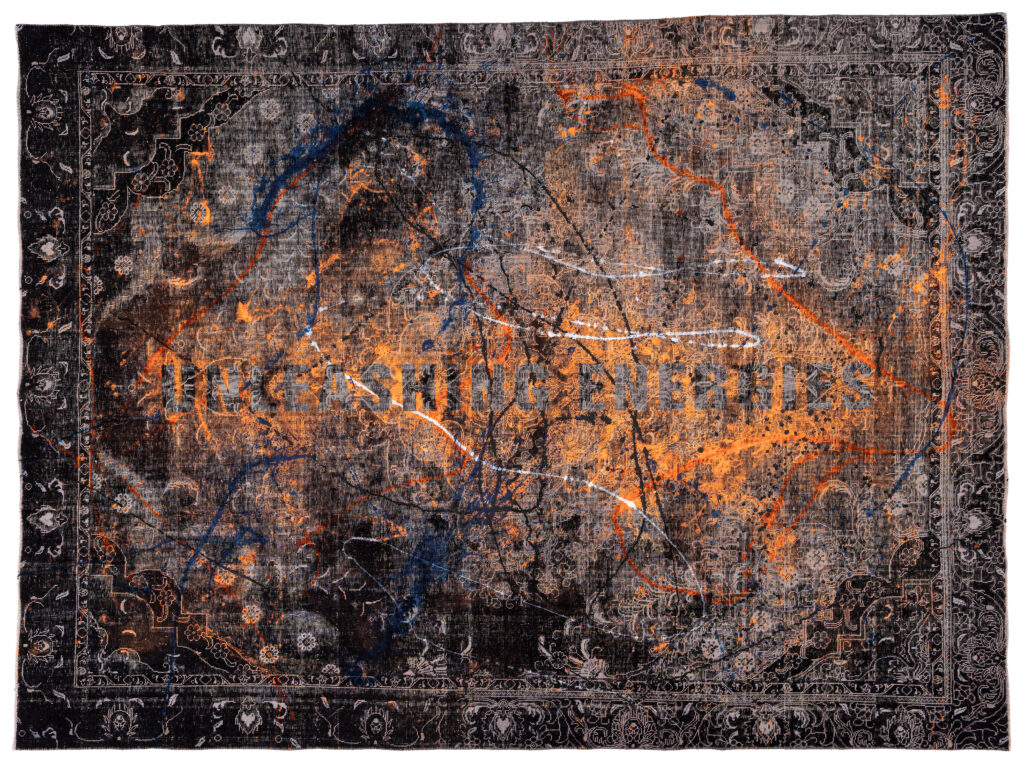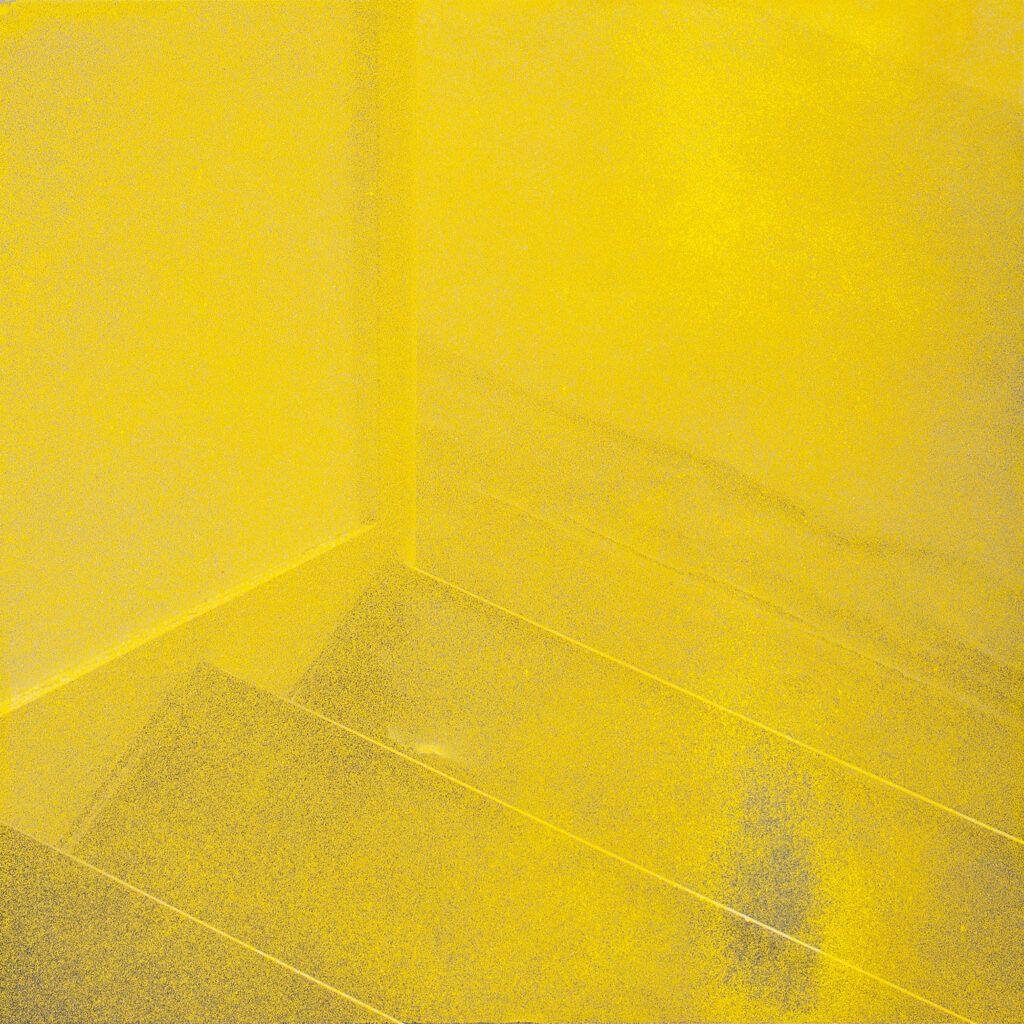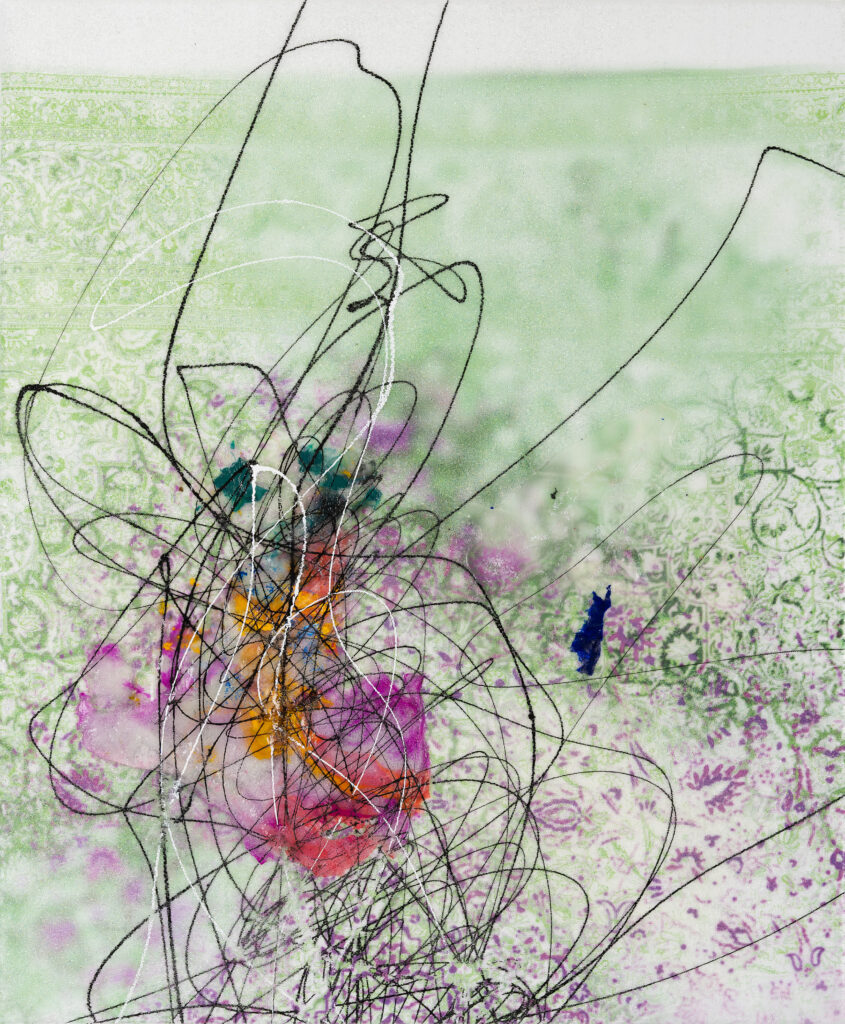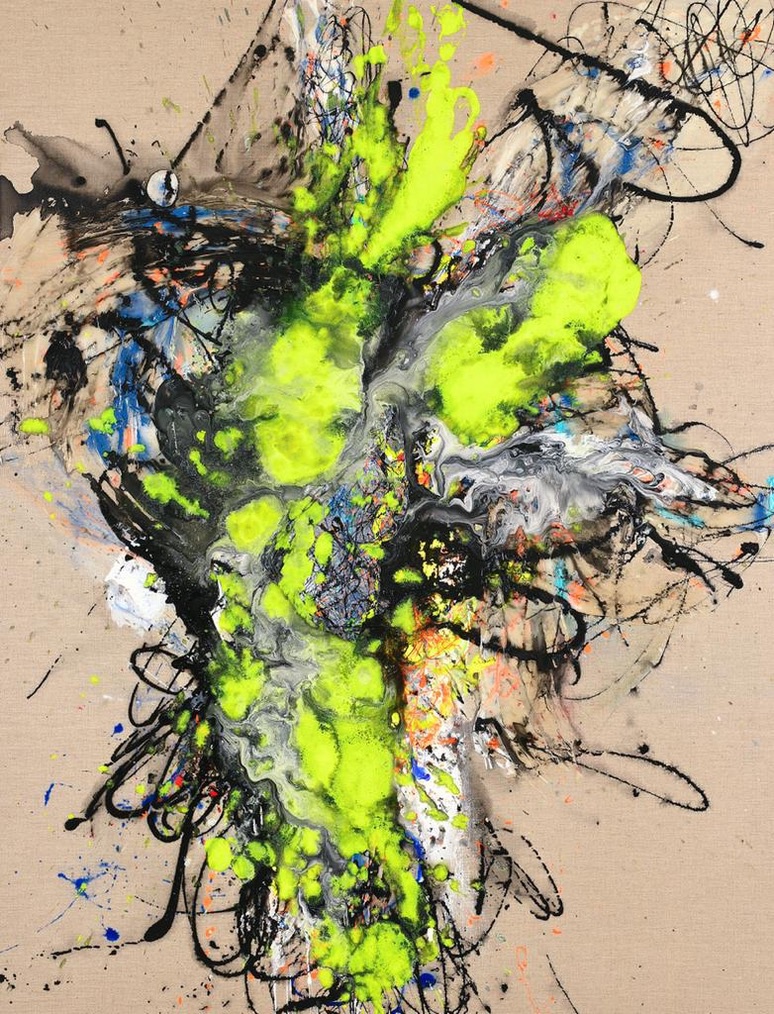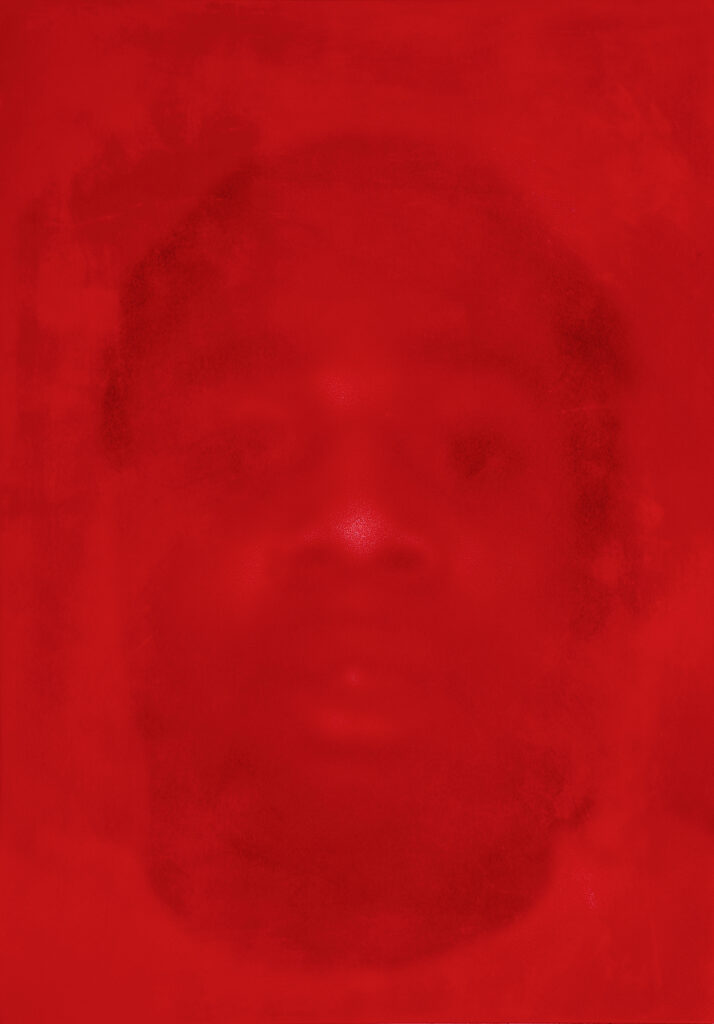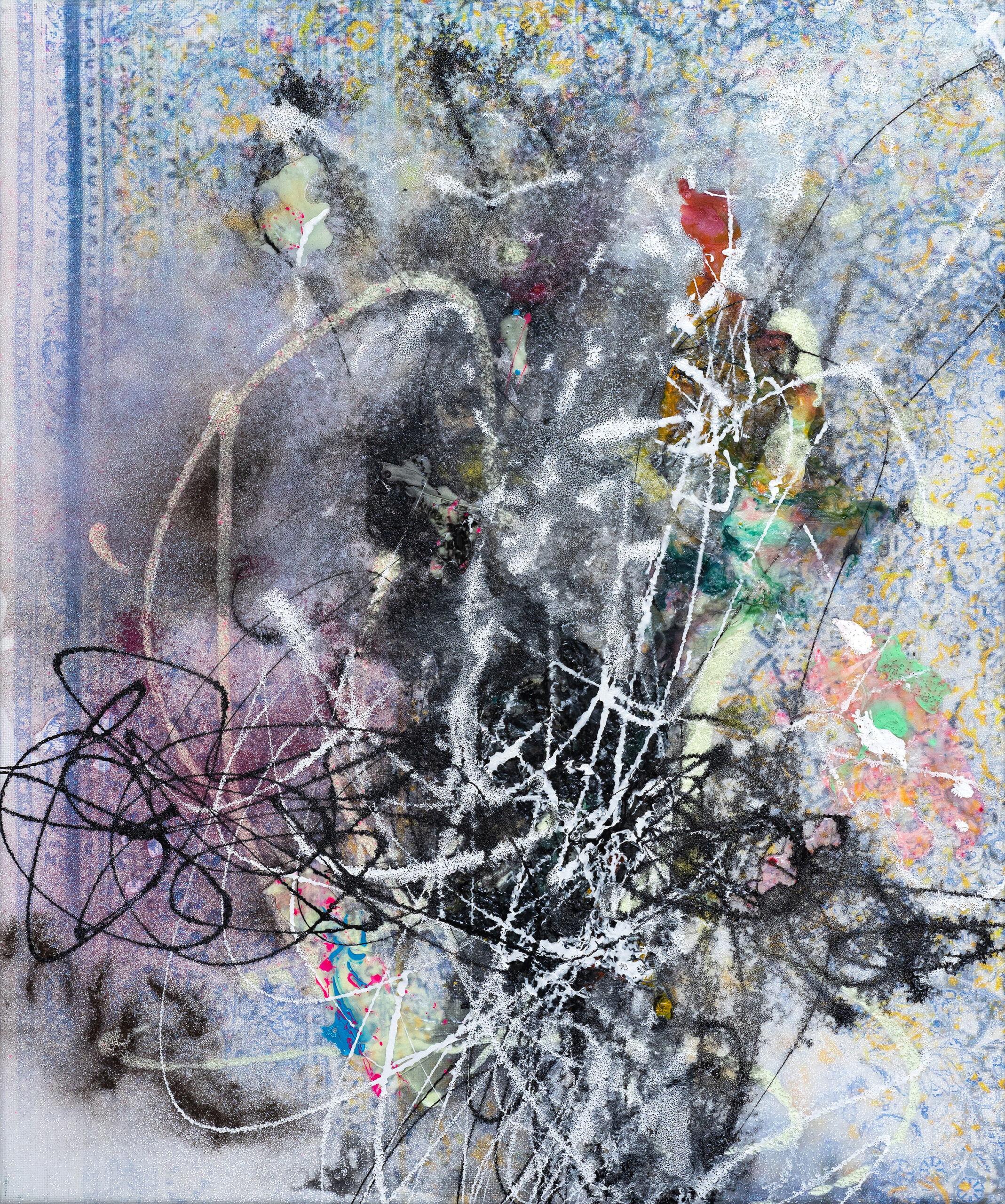Holger Schmidhuber
Holger Schmidhuber (*1970) is a German multimedia artist and, since 2010, a professor of time-based media at the Hochschule Mainz. His works have been showcased worldwide in over 50 solo and group exhibitions and are included in numerous prestigious collections, such as the Museum Wiesbaden, the Kunsthaus Taunusstein, and the Deutsche Bank Collection. Schmidhuber’s innovative methods and interdisciplinary focus make him a standout figure in contemporary art, pushing the boundaries of how we perceive and engage with various forms of media. His contributions as an artist, designer, and educator continue to influence and inspire the next generation of creatives.
Schmidhuber works in cycles, each characterized by extensive preliminary considerations and detailed studies of artistic processes. While these cycles are interconnected, each stands in painterly autonomy. Schmidhuber’s artistic identity is rooted in the appropriative selection and the subsequent creative act that transforms his work.
Not “just” a painter, Schmidhuber is also an accomplished designer, musician, and professor. A significant aspect of his practice in design, music, and teaching is the role of improvisation, which is essential to the success of the creative process. His artistic philosophy posits that painting, like music, can be dynamic and performative.
His latest series “Sequenced Inversions” is inspired by the idea that painted memories, akin to musical pieces, can be “played” differently, even in reverse. Through techniques such as liquefying, moving colors, gradients, layering, and collaging, the traditional painterly process oriented towards a specific motif is transformed. When applied consistently, this approach yields remarkably unique perspectives.
The carpet as a medium is preserved in his “Carpets of the Forgotten” series, where it becomes a work of art once again. Schmidhuber cleans old carpets, sometimes shearing or dyeing them. This act of painting over an old carpet is both an appropriation and a dialogue with the found artistic material. This process can be seen as a commentary on memory and transformation, where the past is recontextualized to create new meaning.
